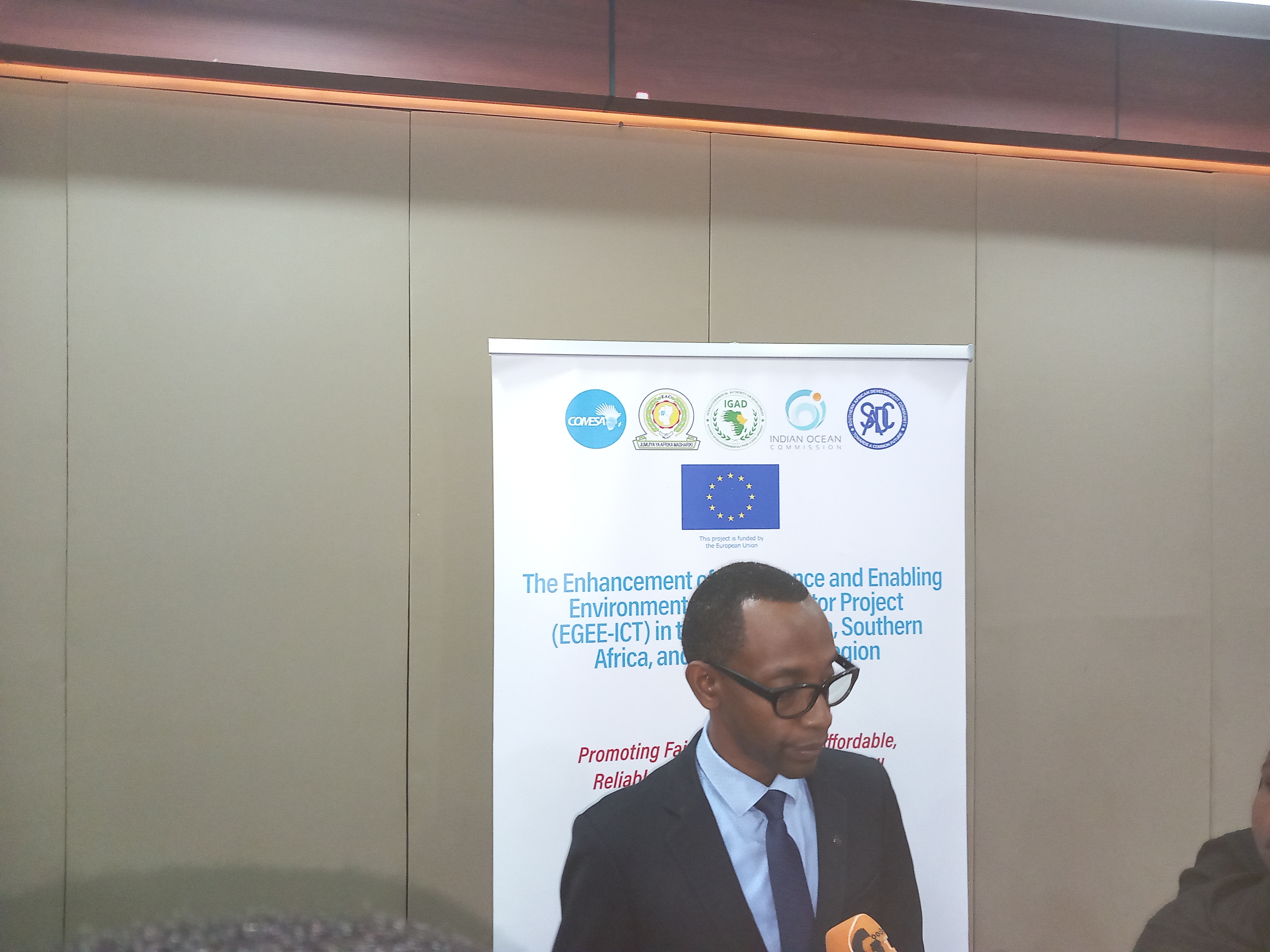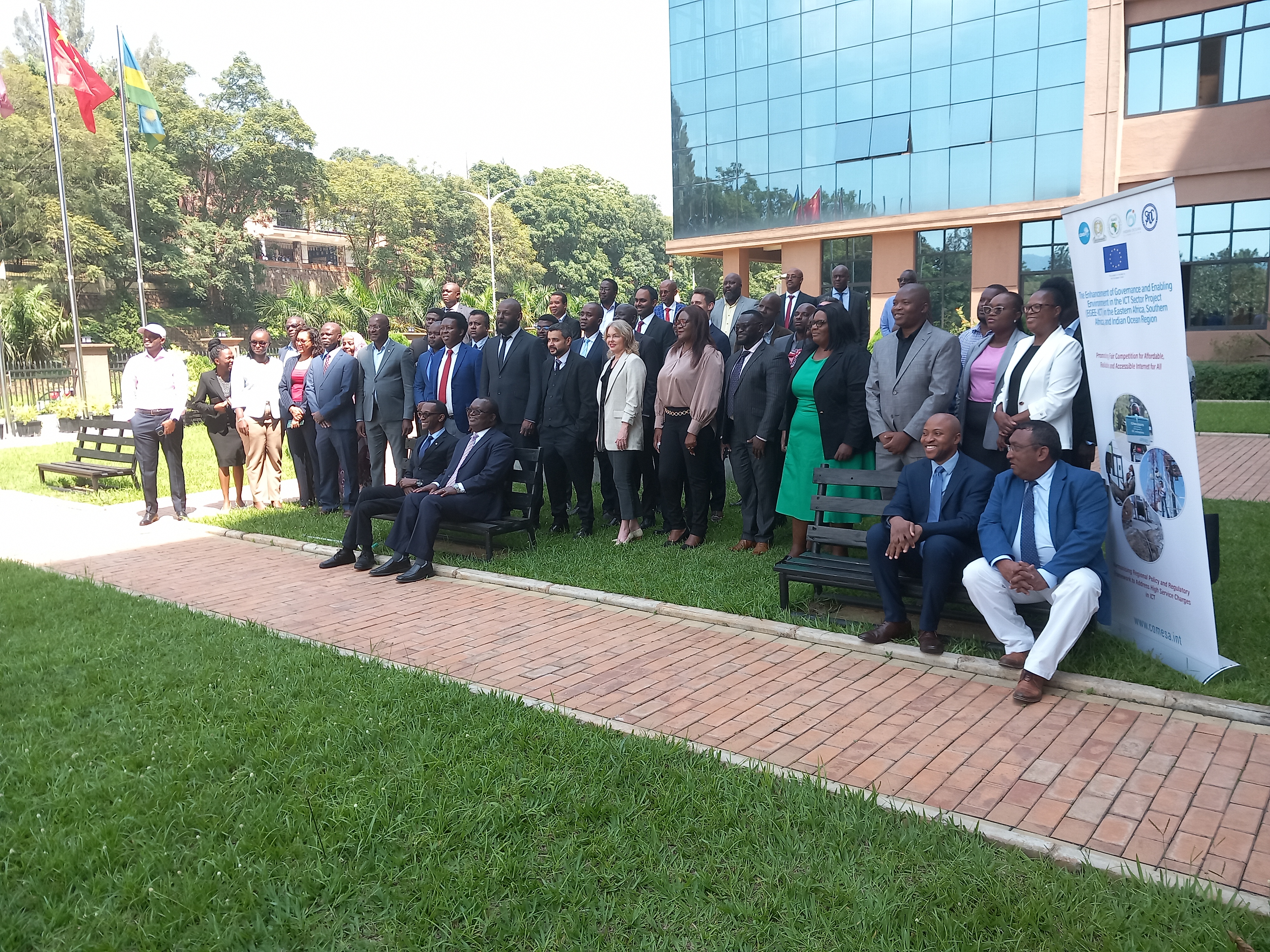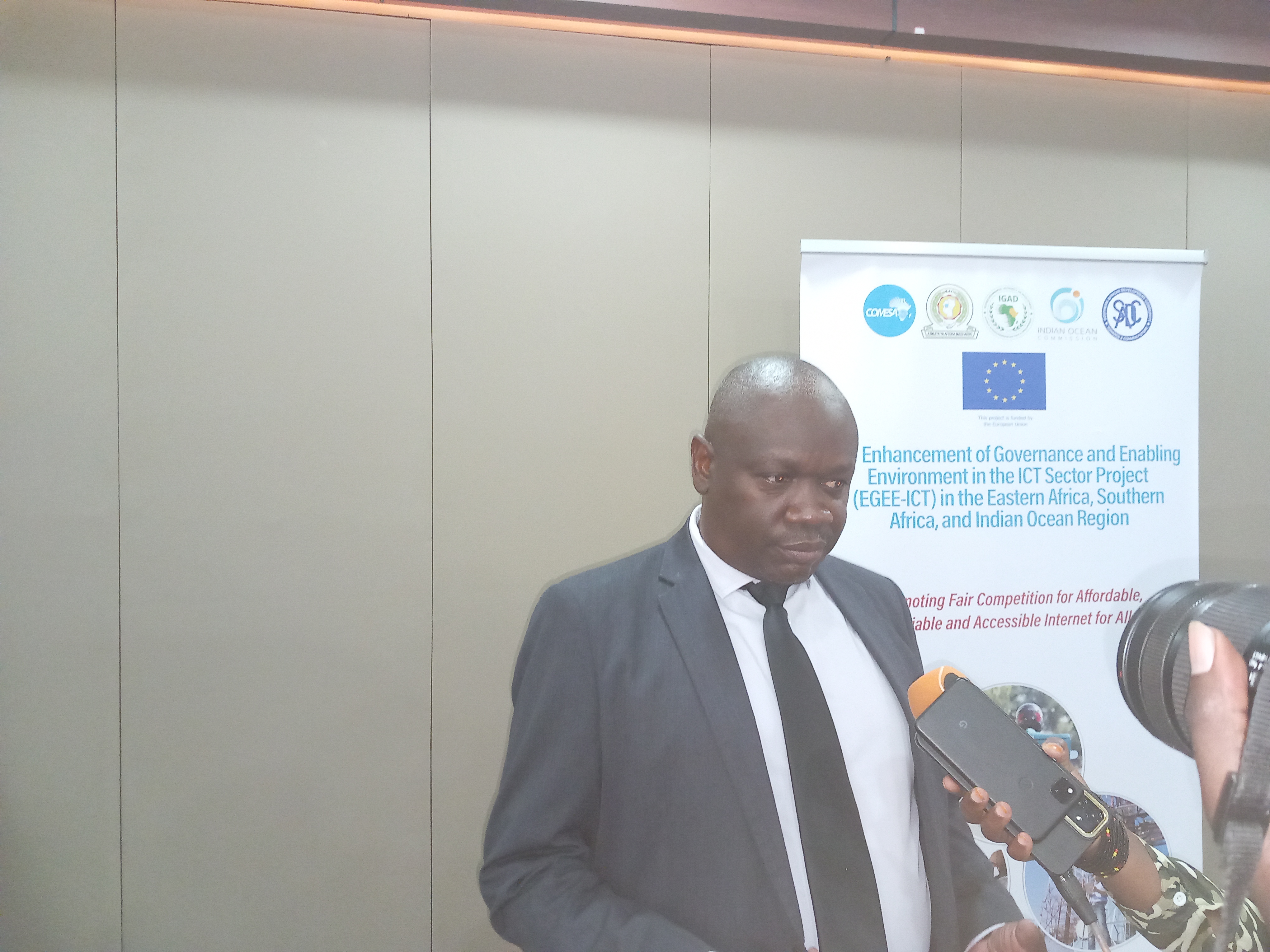Kigali, March 4, 2024: The picturesque city of Kigali sets the stage for a pivotal gathering of minds as member nations of the Common Market for Eastern and Southern Africa (COMESA) convene for a momentous three-day summit. At the forefront of the agenda lies a pressing issue that resonates with citizens across the region: the harmonization of call rates for residents.
Against the backdrop of rapid technological advancement and growing connectivity needs, delegates are tasked with navigating the delicate balance between affordability and sustainability in telecommunications services. As the discussions unfold, the eyes of the COMESA community and beyond are keenly fixed on the outcome, recognizing the potential impact on millions of lives within the region.
Participating officials underscored the transformative potential of the proposal, emphasizing that its approval by member countries could enable COMESA citizens to communicate freely with each other. They highlighted the direct link between enhanced communication and the promotion of trade within the region.
This measure, if implemented, is expected to dismantle communication barriers, fostering stronger interpersonal connections and facilitating smoother business interactions. By promoting seamless communication channels, officials believe that the proposal could serve as a catalyst for heightened economic activity and deeper integration among COMESA member states.
Leonard Chitundu, one of officials representing COMESA, emphasizes that participants from Ministries of Technology or Business attending the three-day conference typically face challenges due to expensive communication costs, which in turn impact competition within their respective sectors. This observation underscores the importance of addressing communication barriers to foster fair competition and facilitate collaboration among stakeholders in the technology and business spheres within the COMESA region.
“The problem was that it was expensive. That’s why we want the price to go down, not to continue from people moving from one country to another” He said.
It was expensive because calling someone in the COMESA countries, and you are also in that country, cost at least one dollar ($) per person per minute.

Golden Karema, who represented the Ministry of Technology and Innovation and was the chief guest at the meeting, said that the meeting will last for three days and will discuss the contents of the agreement that will regulate the cheap call.
He says that after the approval of the contents, the document will be approved by each country and signed so that the contributions come into force.
Karema says that not only calls will be considered, but also how sending text messages (SMS) and internet will be done without costing the people.
“This will make every member country feel at home, people will feel free to work” He said.
The goal is that a person will not be cheap by going to another country or by calling a friend’s home or a business they have a relationship with.
Regarding what Rwanda will benefit from, Golden Karema says that traders will work well with their trading partners in COMESA as it is with their trading partners in the East African Community.
Giving an example of the importance of Rwanda, Karema says that when the prices were set at the same level in the EAC, the number of callers in the region increased nine times.
I believe that this process has made the companies that sell these services (telecommunication operators) benefit from this improvement and the people will be like that.
In the same way, Rwanda will also benefit from this activity in the COMESA trade community.
COMESA (Common Market for Eastern and Southern Africa) was established on December 8, 1994.
Rwanda joined in 2004, which is made up of 20 countries.
The COMESA countries cover an area of 12,873,957 square kilometers and have a population of 406,102,471.
By Carine Kayitesi










